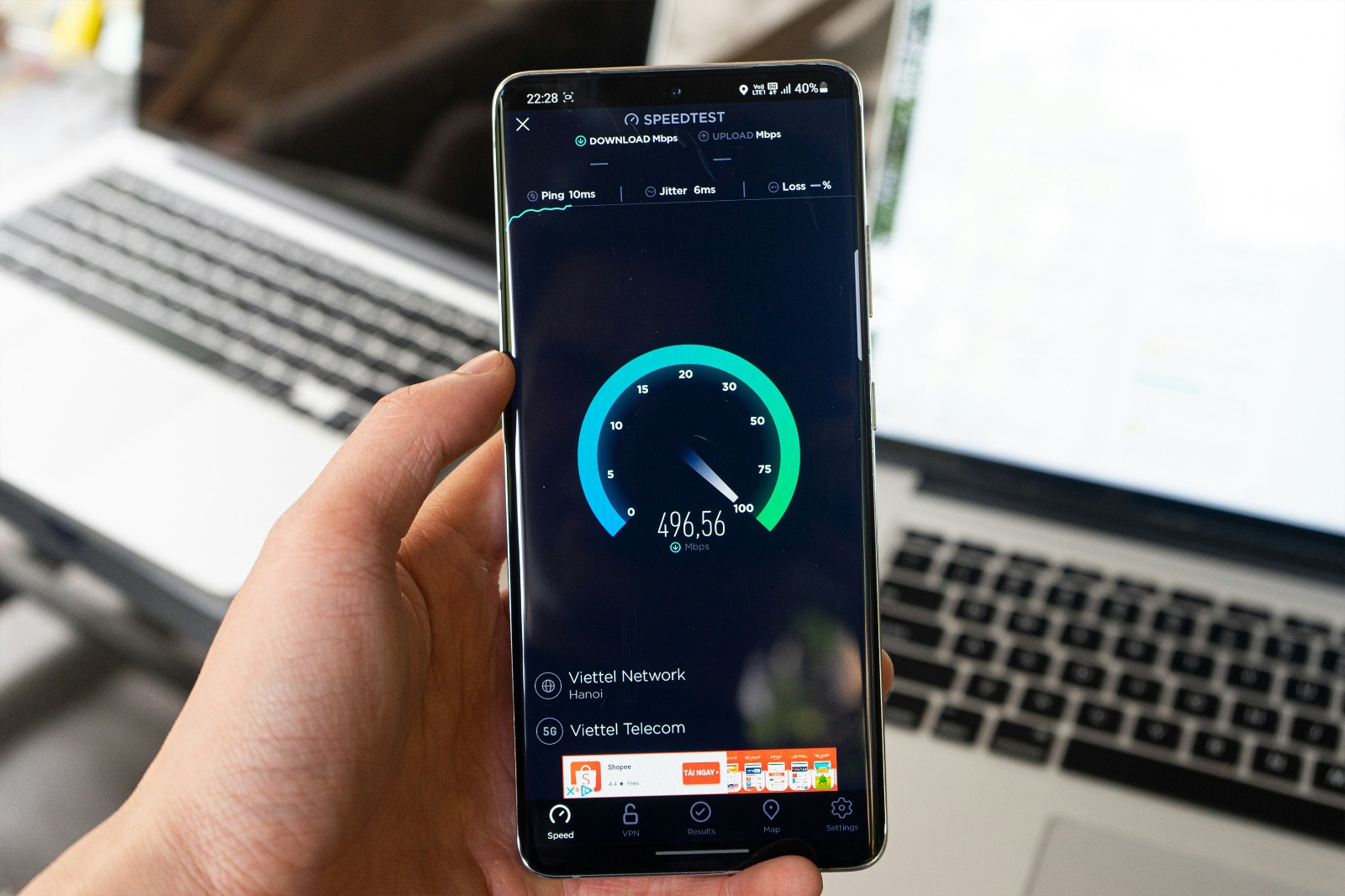RIPE IPv4
The Réseaux IP Européens Network Coordination Centre (RIPE NCC) is the Regional Internet Registry (RIR) responsible for managing IP address resources across Europe, the Middle East, and parts of Central Asia. Among its most critical responsibilities is the allocation and registration of IPv4 addresses, which are fundamental to the global internet. Even though the free pool of IPv4 addresses within RIPE has been exhausted, the demand for RIPE IPv4 remains strong due to its reputation, reliability, and global usability.

What is RIPE IPv4?
RIPE IPv4 addresses are 32-bit unique identifiers used to connect devices, servers, and networks across the internet. Written in the dotted-decimal format (e.g., 192.0.2.1), each IPv4 address ensures proper routing and communication between systems worldwide. The RIPE NCC historically allocated IPv4 addresses to Internet Service Providers (ISPs), data centers, enterprises, and institutions across its service region. Although the central pool was depleted in 2019, organizations can still acquire RIPE IPv4 through the secondary transfer market or by leasing from reliable providers.

Why is RIPE IPv4 Important?
The European and Middle Eastern internet ecosystem is diverse, hosting major industries, financial services, and global tech hubs. Many organizations, including banks, telecom providers, and cloud platforms, still depend on IPv4 for core business operations. RIPE IPv4 blocks are considered highly reputable because they are often associated with established networks and have strong routing trust worldwide. This makes them especially valuable for businesses involved in email marketing, SaaS platforms, VPN services, and international hosting providers. Clean RIPE IPv4 ranges carry significant weight, as they reduce the risk of blacklisting and ensure smoother communication.

Market for RIPE IPv4
Due to the exhaustion of available space, RIPE IPv4 addresses are now considered digital assets. The IPv4 transfer market in Europe and surrounding regions is active, with organizations buying, selling, or leasing addresses based on specific needs. Smaller blocks, such as /24, are in high demand for email services, start-ups, and cross-border operations. Larger allocations, like /18 or /16, are preferred by ISPs and enterprises looking to scale quickly. Prices for RIPE IPv4 are competitive compared to other regions, but clean, high-reputation subnets often command premium rates. Businesses often prefer leasing RIPE IPv4 as it provides flexibility without the high upfront cost of ownership.

Compliance and Registration
Every RIPE IPv4 allocation or transfer must be recorded in the RIPE Database, which ensures transparency and trust. Accurate WHOIS records help prevent fraud, protect routing stability, and enable accountability. Organizations operating within the RIPE region must comply with strict policies set by the RIPE NCC, ensuring that IPv4 usage aligns with responsible internet practices. Maintaining a correct WHOIS and routing registry entry also strengthens the reputation of IP addresses and minimizes operational risks.
Future Outlook
Although IPv6 deployment is advancing steadily across Europe and the Middle East, the demand for RIPE IPv4 remains resilient. Enterprises and service providers cannot ignore IPv4, as it guarantees global interoperability, backward compatibility, and network stability. As the digital economy expands, RIPE IPv4 will continue to be a high-value resource, particularly for businesses seeking clean IP ranges with reliable histories. The IPv4 secondary market within the RIPE region will remain strong, driven by long-term demand from industries that cannot transition entirely to IPv6 in the near future.
